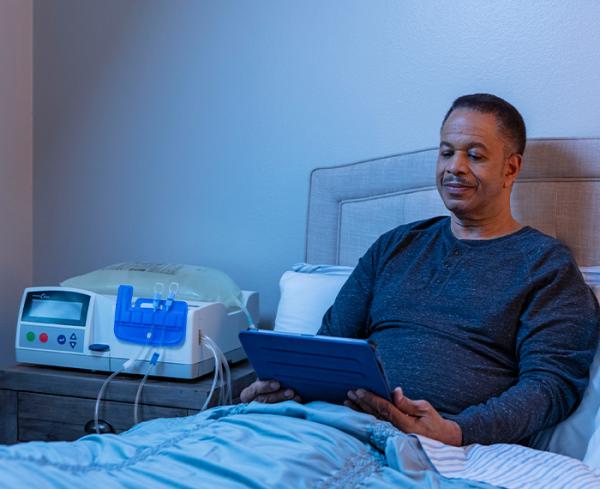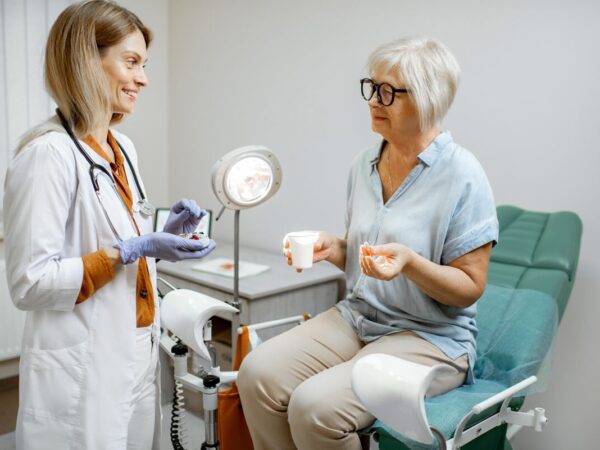Drug Abuse Resistance Education is also known as DARE. The program is designed to educate students on how to avoid drugs. Further, the program equips students with skills to boost their confidence and self-esteem.
The program its origin in USA back in 1983 with an aim of having schools with zero drug use. This initiative gained prominence as many schools adopted it to helps their students. DARE program was initially meant for students in lower grades; however, over time the adoption was made to secondary schools in a bid to tackle drug use among teens.
This greatly help in future so that the teens doesn’t fall into temptation of being drugs addicts which often leads to the affect teens into drug rehabilitations centre.
The program has numerous lessons against drug abuse. Some of the lessons on drug abuses resistance include:
Personal safety
The first lesson on drug abuse resistance is personal safety. This ranges from getting the right prescription, medicines and the company they keep around them. This lesson also exposes them to the rights one has.
Effects of drugs abuse
The second lesson is on drug use, misuse, and the adverse effects of drug abuse. Some of the effects they receive education on is depression, personality disorders, suicidal thoughts, attempted suicide and suicide. This helps them make informed decisions.
Resisting drug pressure
Resisting drug pressure is another lesson that is key to students. This is because they are more prone to peer pressure which can easily cause them to succumb to drugs. The four main drug resistance skills they learn is refuse, explain, avoid and leave.
Drug refusal strategies
The most commons styles that students receive exposure is on being assertive, passive and being aggressive. This is mostly when someone tries to give them drugs and they have zero interests in taking the drugs.
Some of the drug refusal strategies are saying no with a firm voice, explaining, giving alternatives, using appropriate body language and leaving when need be.
Building self-esteem
Building self-esteem is important for school students because it boosts their confidence and image. This lesson helps them identify the good qualities they possess and how to leverage on them.
Stress Management
Stress and anxiety are some of the causes of drug abuse. When someone is not able to manage their stress and thoughts the get into drugs. Some of the stress management tips are exercising, talking to someone, taking a deep breath, eating a healthy diet, sleeping among others.
Media influence
Media has influence on students from TV, music, adverts, movies and digital media. It is therefore important to expose young people to knowledge of how to ensure they not buy into media influence.
Drug-use alternative
There are a number of alternatives that students can adopt other than abusing drugs. Some include leisure activities or developing hobbies and skills. This lesson exposes them to other useful alternative to consider other than drugs.
Support systems
A support system in any school set up is very important, from teachers, amongst students and parents. This lesson shows the students the importance of having a support system around them to help in overcoming drugs and addictions.
Do you need help with drug abuse resistance education? Talk to Rise Recovery Services Drug Recovery Centre for help with




